Introduction
Privacy is a fundamental aspect of healthcare, especially during patient consultations where sensitive information is exchanged. Traditional methods of ensuring privacy, such as curtains or blinds, may not always provide adequate confidentiality. However, advancements in technology have led to the development of privacy glass, offering a modern and efficient solution. In this blog, we’ll delve into how privacy glass works, its benefits in providing confidential patient consultations, other applications within the medical industry, and conclude with frequently asked questions.
How Privacy Glass Works
Privacy glass, also known as smart glass or switchable glass, operates on the principles of electrochromism or liquid crystal alignment. Essentially, the glass can change its transparency from clear to opaque or translucent at the flick of a switch or via automated sensors. This transformation is achieved through the application of an electrical current, which alters the alignment of particles within the glass, controlling the passage of light.
How Privacy Glass Can Provide Confidential Patient Consultations
Privacy glass revolutionizes patient consultations by offering instantaneous privacy when needed. In medical settings, where confidentiality is paramount, privacy glass ensures that sensitive discussions between patients and healthcare providers remain private. With a simple switch, the glass can obscure visibility from outside observers, creating a secure environment for patients to discuss personal health information without fear of being overheard or seen.
How Privacy Glass Can Provide Confidential Patient Consultations
Privacy glass revolutionizes patient consultations by offering instantaneous privacy when needed. In medical settings, where confidentiality is paramount, privacy glass ensures that sensitive discussions between patients and healthcare providers remain private. With a simple switch, the glass can obscure visibility from outside observers, creating a secure environment for patients to discuss personal health information without fear of being overheard or seen.
Other Benefits To Privacy Glass
In addition to providing confidentiality during patient consultations, privacy glass offers several other benefits in medical facilities:
- Improved Aesthetic Appeal: Privacy glass adds a modern and sophisticated touch to medical spaces, enhancing their overall aesthetic appeal. Its sleek design and seamless transition between transparent and opaque states contribute to a more welcoming and professional environment for patients and staff alike.
- Noise Reduction: Privacy glass can help reduce noise transmission between different areas within a medical facility, providing a quieter and more conducive environment for patient care and recovery. By creating acoustic barriers, privacy glass contributes to a more peaceful atmosphere, promoting healing and relaxation.
- Enhanced Security: Privacy glass can be integrated with security systems to provide an additional layer of protection for medical facilities. By controlling visibility into certain areas, privacy glass helps deter unauthorized access and ensures the safety and security of patients, staff, and sensitive equipment or materials.
Other Applications in the Medical Industry
Beyond patient consultations, privacy glass finds various applications across the medical industry:
- Procedure Rooms: Privacy glass can be utilized in procedure rooms to shield patients from unnecessary exposure while maintaining visibility for medical staff.
- Laboratories: In research or testing laboratories, privacy glass can partition areas for confidential experiments or discussions, ensuring data integrity and confidentiality.
- Waiting Areas: Privacy glass can be integrated into waiting area partitions to offer discretion for patients awaiting sensitive procedures or consultations.
- Medical Offices: Within medical offices, privacy glass can create temporary privacy barriers for discussions between staff members or for confidential paperwork processing.
Conclusion
Privacy glass represents a significant innovation in healthcare design, offering a versatile and efficient solution for maintaining confidentiality during patient consultations and other medical applications. Its ability to transition seamlessly between transparent and opaque states provides healthcare providers with the flexibility to adapt spaces according to specific privacy needs. By incorporating privacy glass into medical facilities, healthcare organizations can uphold patient confidentiality while enhancing the overall patient experience.
Who We Are
Tecdur is the leading manufacturer of smart glass for the UK and Ireland. Tecdur Switchable Glass provides the best clarity, lowest power consumption and lowest haze currently available. We can offer a wide range of specifications to meet project requirements with our switchable glass, cost is dependent on specification, application and design. Please get in contact with us to discuss further.
Please visit our portfolio for a look at completed projects. Keep up to date on our LinkedIn Showcase page
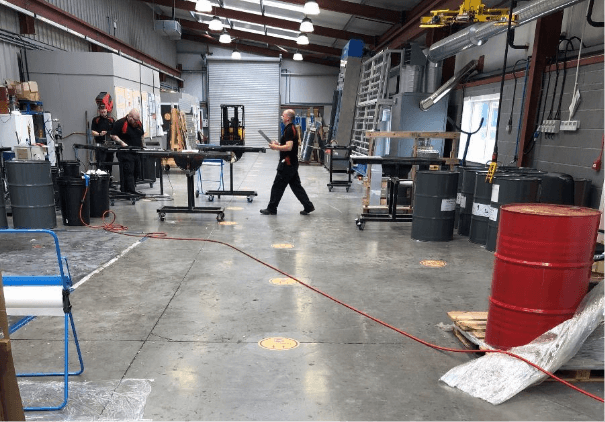
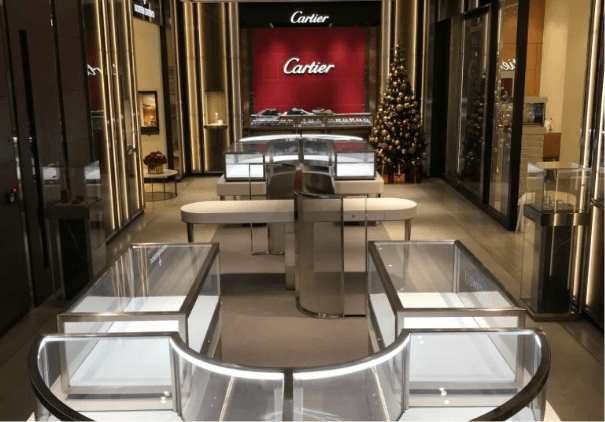
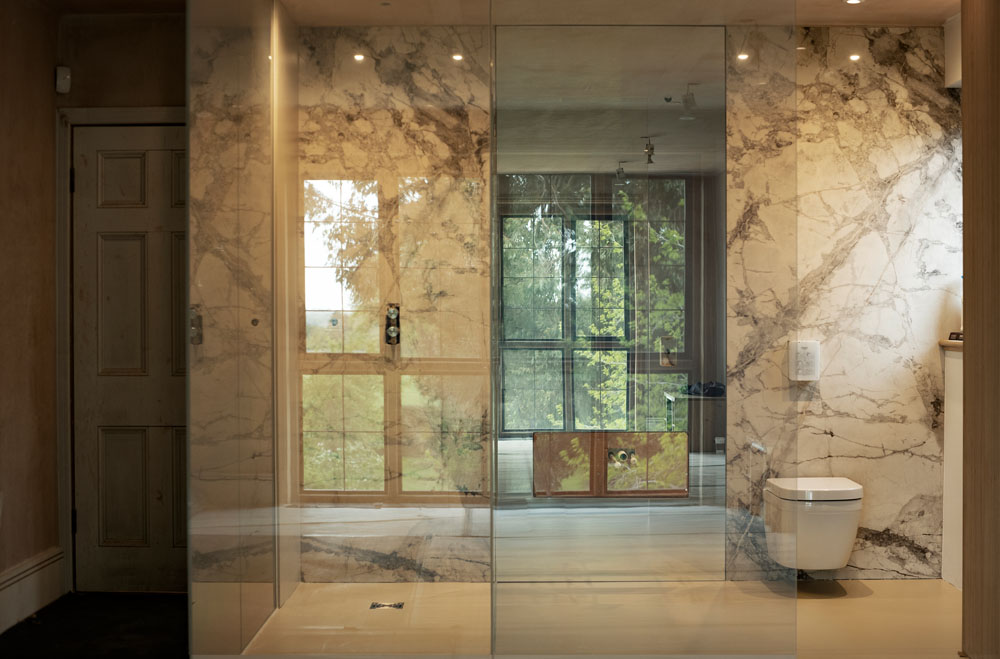
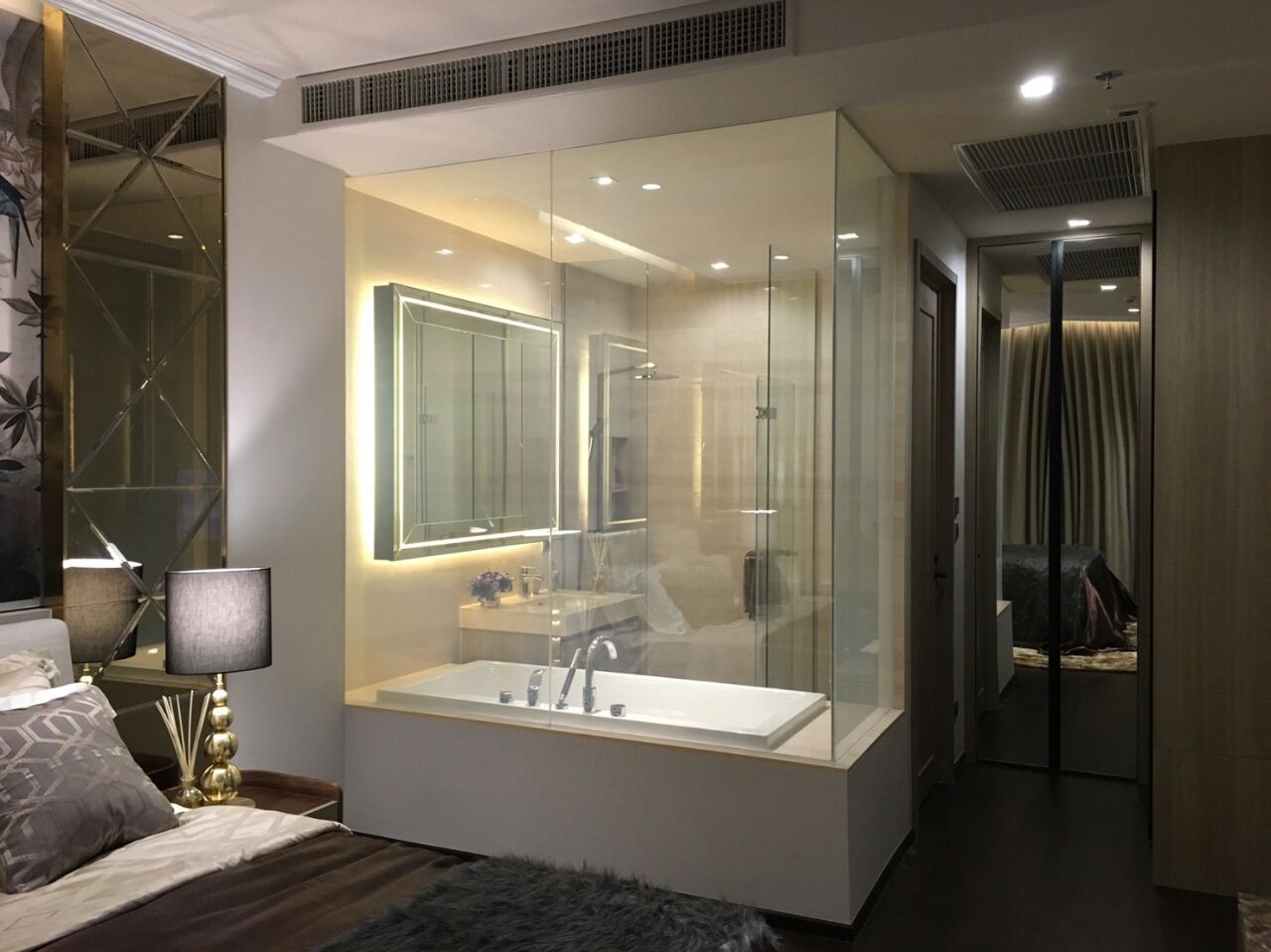
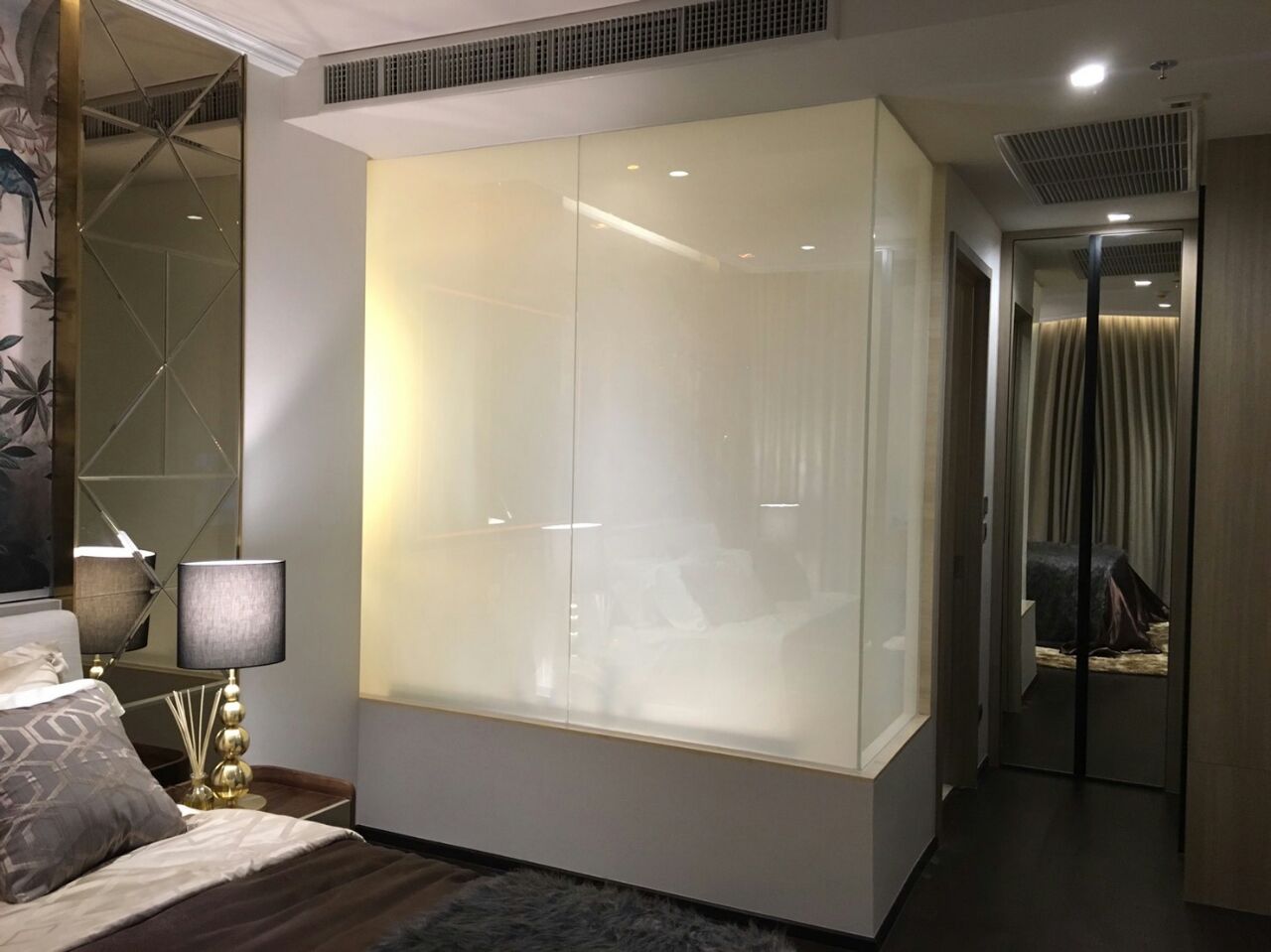
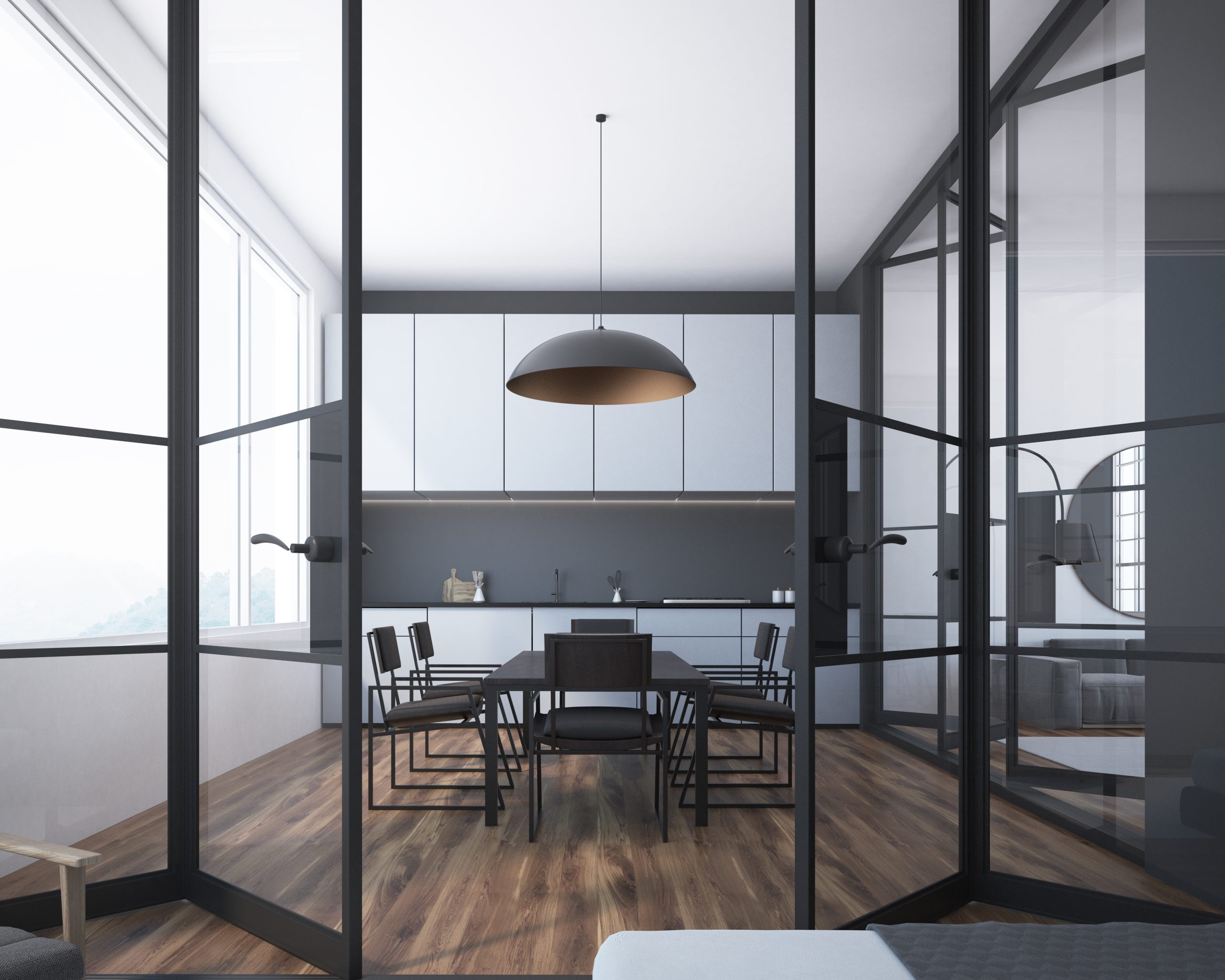
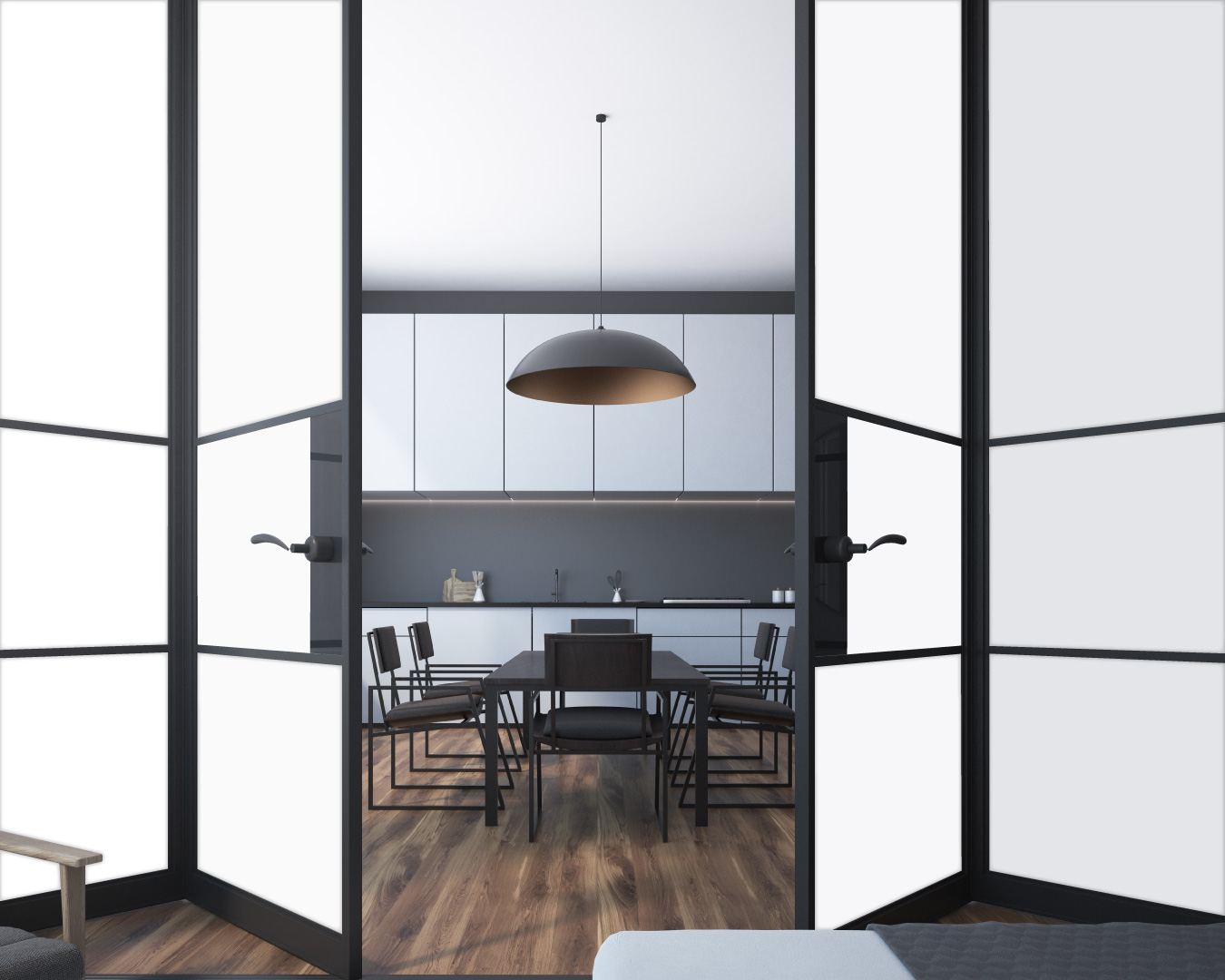
Frequently asked Questions
Our privacy glass works by utilising advanced PDLC (Polymer Dispersed Liquid Crystal) film. When an electrical current is applied, the liquid crystal molecules align, allowing light to pass through, making the glass transparent. When the current is switched off, the molecules mis-align, causing the glass to turn opaque or translucent, providing privacy.
Yes, privacy glass is designed to be durable and requires minimal maintenance, making it suitable for long-term use in medical environments.
Yes, privacy glass can often be retrofitted into existing windows or partitions, offering a convenient upgrade without extensive renovation.
Some privacy glass products are designed to regulate sunlight and heat transmission, contributing to energy savings in medical facilities.
While privacy glass requires electrical wiring for operation, professional installation ensures seamless integration and functionality.
Privacy glass operates on electrical systems, so backup power sources should be in place to ensure continued functionality during power outages. Additionally, proper training on its operation and maintenance is essential to address any potential privacy issues effectively.



